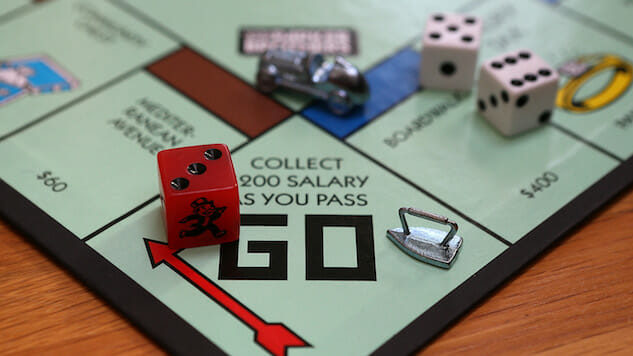Tristan Donovan’s It’s All A Game Offers a Thorough History of Board Games
Getty Images
Tristan Donovan’s It’s All a Game chronicles the history of board games—the highest form of entertainment that does not involve drinking or naps. Donovan’s approach to the subject matter is appropriately attentive, yet his book proves both highly involving and strangely dull. It is, in a way, as though it were both beer and rubbing alcohol at once: How is such a combination even real? The result makes this well-written book unlike any other nonfiction work I can remember.
-

-

-

-

-

-

-

-

-

-

-

-

-

-

-

-

-

-

-

-

-

-

-

-

-

-

-

-

-

-

-

-

-

-

-

-

-

-

-

-









































